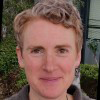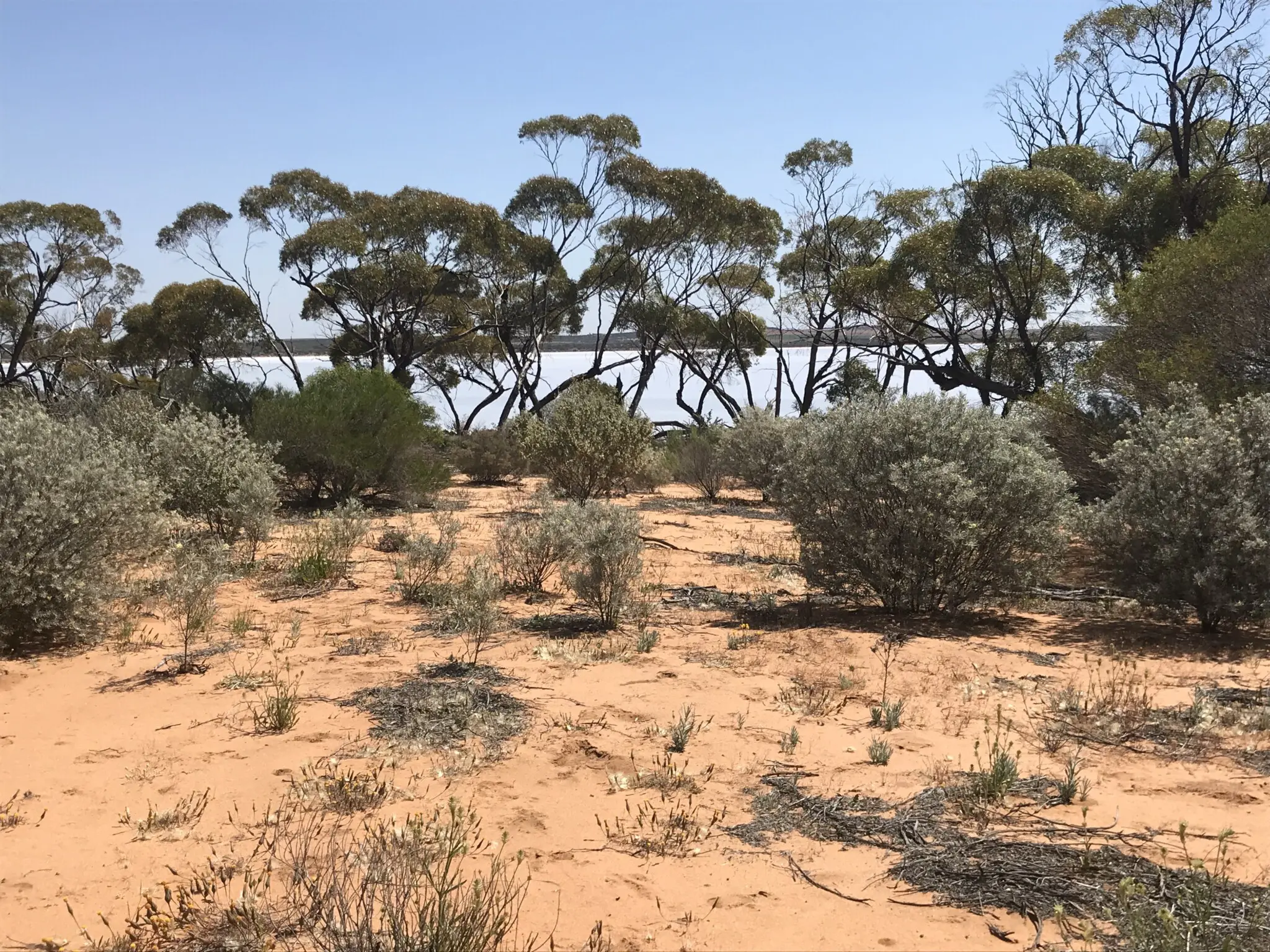Tell us about yourself?

I am a sustainability scientist, based in the Latrobe Valley, Gippsland.
What inspired you to become a scientist?
I was fascinated with the relationship over time between people and their environment. I started out looking at the deep past – studying geology and archaeology. But since moving to Gippsland seven years ago, have switched my focus to more contemporary issues.
Tell us about your current position?
I currently wear a few (too many) hats. I am a senior lecturer in Sustainability, Climate Change and Water Resource Management in our Environment and Conservation Science degree at Federation University. I am also Director of Industry Co-operation in the Institute of Innovation, Science and Sustainability, and a researcher in the Future Regions Research Centre. My current projects are focussed on major transitions all happening concurrently in the Gippsland region – in energy, forestry and agriculture.
Tell us about your project and what its primary goal is?
My project, in partnership with Dr Tira Foran (CSIRO), is working with key stakeholders in the Latrobe Valley to develop a shared vision for the future of the mine lands of the Valley, beyond coal-fired power generation. Currently in stage one, we are working closely with mine operators, Traditional Owners and relevant government departments to determine feasible future land uses for the mine lands. In stage two, we hope to extend this to include the views of the broader Latrobe Valley community through a multi-stakeholder deliberative approach.
What makes you so passionate about your project?
I work with students from the Valley – both young people and those transitioning to different careers, and they are really uncertain about what the future of the Valley may hold for them. I want to provide a platform where the concerns and aspirations of the Valley’s communities form the basis for future vision, and have this woven into the closure and post-mine regional development plans.
How does being involved with CRC TiME help support your love of science?
I have made extraordinary connections through CRC TiME, nationally and internationally. I commend the CRC for putting people at the centre of mine closure and transformation, and providing a platform for both multi-sector and inter-regional collaborations.

